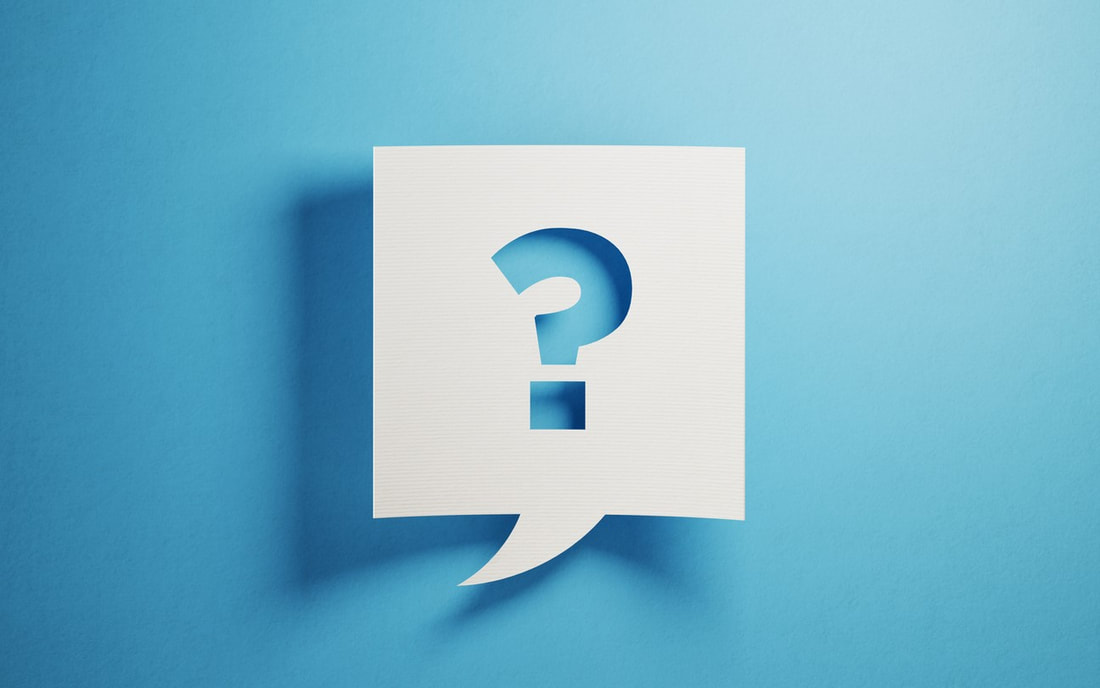|
For all you romantics out there: yes, my new relationship is still going strong. We’ve even booked a holiday in Cornwall. We’ve ended up with a rather detailed itinerary since we’ve had to book everything in advance due to the pandemic. Looking at it now, it’s going to be action-packed, but who wants to sit inside doing nothing, anyway?
It’s been fantastic fun researching places we fancy visiting, and it’s gone far more smoothly than I thought it would, given COVID restrictions. In fact, we’ve only encountered one problem: a disorganised hot air balloon company that made it very difficult to find out whether people with epilepsy could fly. It was only after phoning them that we learnt that the issue was resolved. I admit this doesn’t sound particularly awkward, but their website was somewhat contradictory on the topic. One page asked for a doctor’s note, another said the company would not take people with epilepsy. Considering the latter popped up after we’d paid, to say we were concerned we’d just lost £300 and couldn’t find a way to ask for a refund would be an understatement. My mum suggested phoning the company (Michael and I were all prepared to complain) and, as it always is with mums, the suggestion proved to be a good one; the lady confirmed that it was OK for me to fly. This incident reminds me of something my dad often says: just ask. And this, I think, is good advice for disabled and able-bodied alike. In the past, I have been guilty of not asking for help when I’ve needed it and, subsequently, struggling to do things. This memory raises the question; why is it so difficult to ask for help? After all, we ask for knowledge all the time; it’s the very foundation of science, academia and philosophy, to name but a few subjects. As a child, my main fear was judgement, and the thought of explaining something about myself that I wished to remain hidden, terrified me. Of course, being a child, my parents were almost always there, so there was less need to ask strangers, but I still worried about asking for help from friends or teachers. I should point out that I’m aware that there are other reasons why someone might not ask when they need help. My ex never asked for help because he feared relying on other people, and some of my friends won’t ask for help because they don’t want to put anyone out. Ironically, most people don’t mind being asked and are perfectly willing to offer help. In fact, we are taught to do so; parents will insist children share toys, and many religions teach their followers that they have a duty to help those in need—the Biblical story of the Good Samaritan comes to mind here. I learnt this when I moved away from home. Without my parents, I needed to ask strangers to pack my shopping, lift my suitcase onto trains and carry bags to my car. To my surprise (and delight), I discovered that most people were happy to help - something my mum and dad had often told me and which I had never believed. Equally, many people worry about asking whether someone needs help, especially where people with disabilities are concerned. I’ve had my fair share of tentative questions thrown my way, often beginning with: “Do you mind if I ask...?” Variants of “whether you need help with...?” or “what’s wrong with your arm?” generally follow. And I can see why people ask these questions with so much uncertainty. A quick Google search revealed how contentious a topic it is. Some people are insulted by such questions because they don’t wish to be defined by their disability. I can understand this viewpoint (I don’t want people to define me by my disability either), but I think there are flaws in this attitude. Though my cerebral palsy isn’t my sum personality, it is a part of me and has influenced the person I’ve become. That is not to say I haven’t been offended by such questions before - I was once asked whether I was “a spastic” - but I usually view polite inquiries in the same vein as: “Why do you like such-and-such a band?” or “What’s your favourite holiday destination?” For those looking for an answer to this conundrum, I’m afraid I don’t have any. Though it might be better getting to know someone before asking about their disability. Comments are closed.
|
CategoriesArchives
June 2024
|


 RSS Feed
RSS Feed
